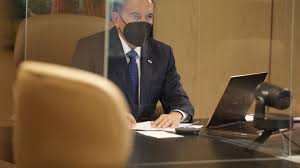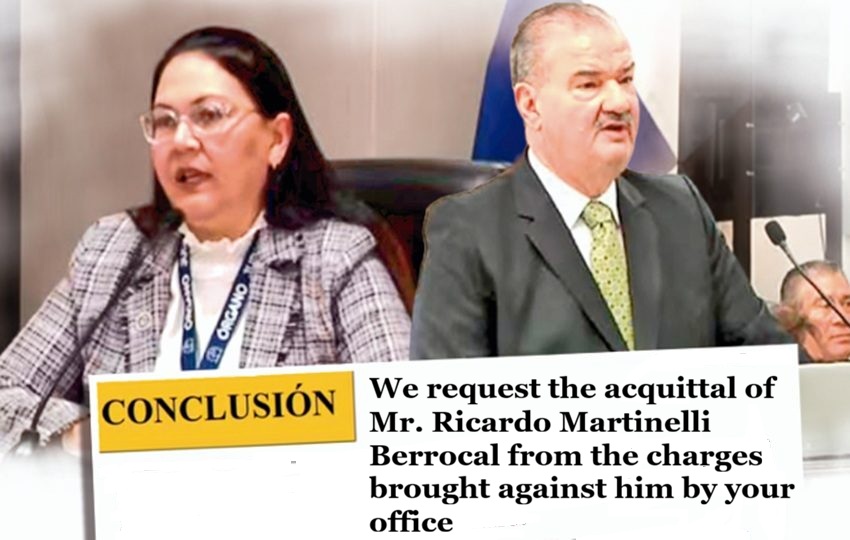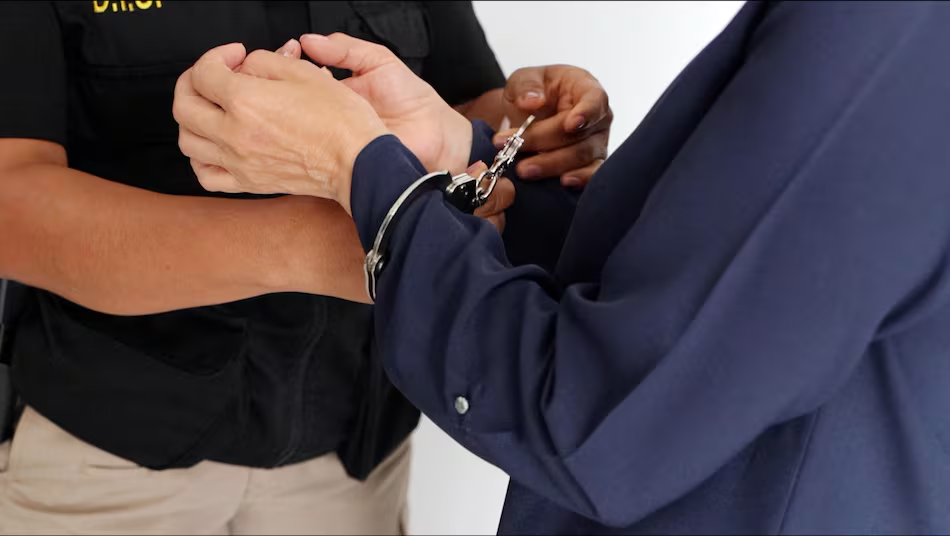Cortizo vows constitution referedum in a year

Laurentino Nito CortizoPanama’s president-elect seems determined to distance himself from the plodding ways which earned his predecessor the “tortoise sobriquet. , has set a “goal” to convene within a year a referendum – for citizens to decide whether or not to approve the constitutional reforms to be discussed by the National Assembly in July.
The announcement came after a meeting between Cortizo and his work team with members of the National Development Agreement, in order to familiarize themselves with the consensus, proposals, and concerns of the 23 sectors of society that comprise it They have been meeting since October 2018 to review the agreed reform proposals and new modifications that must be validated by all sectors.
Among the proposed changes in the preliminary draft are to diminish the power of the Executive Branch and to modify the process of selection of magistrates.and limits on the re-election of deputies.
Proposals to modify current articles and the incorporation of new issues could define one of the most complete constitutional changes since 1972.
The CCND is composed, among other bodies, by the National Bar Association, the National Council of Private Enterprise, the National Assembly and the Executive Body, and representatives of organizations.
Cortizo was one of t five presidential candidates who attended a meeting with the CCND in March when h they were presented with the Panama Vision Plan 2030, and where he was exposed for the first time to ideas that could alter the constitutional framework of the country.
Legal notables
On that occasion, Cortizo and Muschett were accompanied by Enrique de Obarrio, counselor of the CCND and coordinator of the Constitutional Reforms Commission; by Edwin Rodríguez, secretary of the CCND, and by the Expert Advisory Group, all of them “notable in the legal world” -Juan Manuel Castulovich, Esmeralda Arosemena de Troitiño, Mario J. Galindo H., Aura Emerita Guerra de Villalaz, Juan David Morgan and Hermelindo Ortega-, who have met at least five times since October 2018 in search of a consensus on the proposals for a new Constitution. (almost all elaborated in 2011 and re-edited through the decade)
Cortizo assured that he will respect the space of the CCND, but that he has a team that will be reviewing the document to pass it to the new Assembly: “The idea is that in a year – and that is a goal – after a broad national consultation, that people feel that they participate, we can be completing that referendum. “
In March, after meeting with the presidential candidates, the CCND proposed other modifications, including the possibility of raising the minimum age for to be a judge -from 35 to 45 years-, limiting to a single period the immediate reelection of the deputies, and the creation of a Constitutional Court composed of, at least, five magistrates and their substitutes. In addition, the period of the judges of the Constitutional Court and those of the Court goes from 10 to 15 years, and that the elected magistrate has practiced at least 15 years of law.
It is also proposed to establish a shortlist for the election of judges of the Court through the Executive Body, regulating in a more solid manner the criteria for that position.
Some commissioners proposed that deputies cannot accept any public or private remunerated employment and that if they do, the vacancy immediately occurs. This, with the exception of teaching, that may be exercised outside of their working hours in the Assembly.





